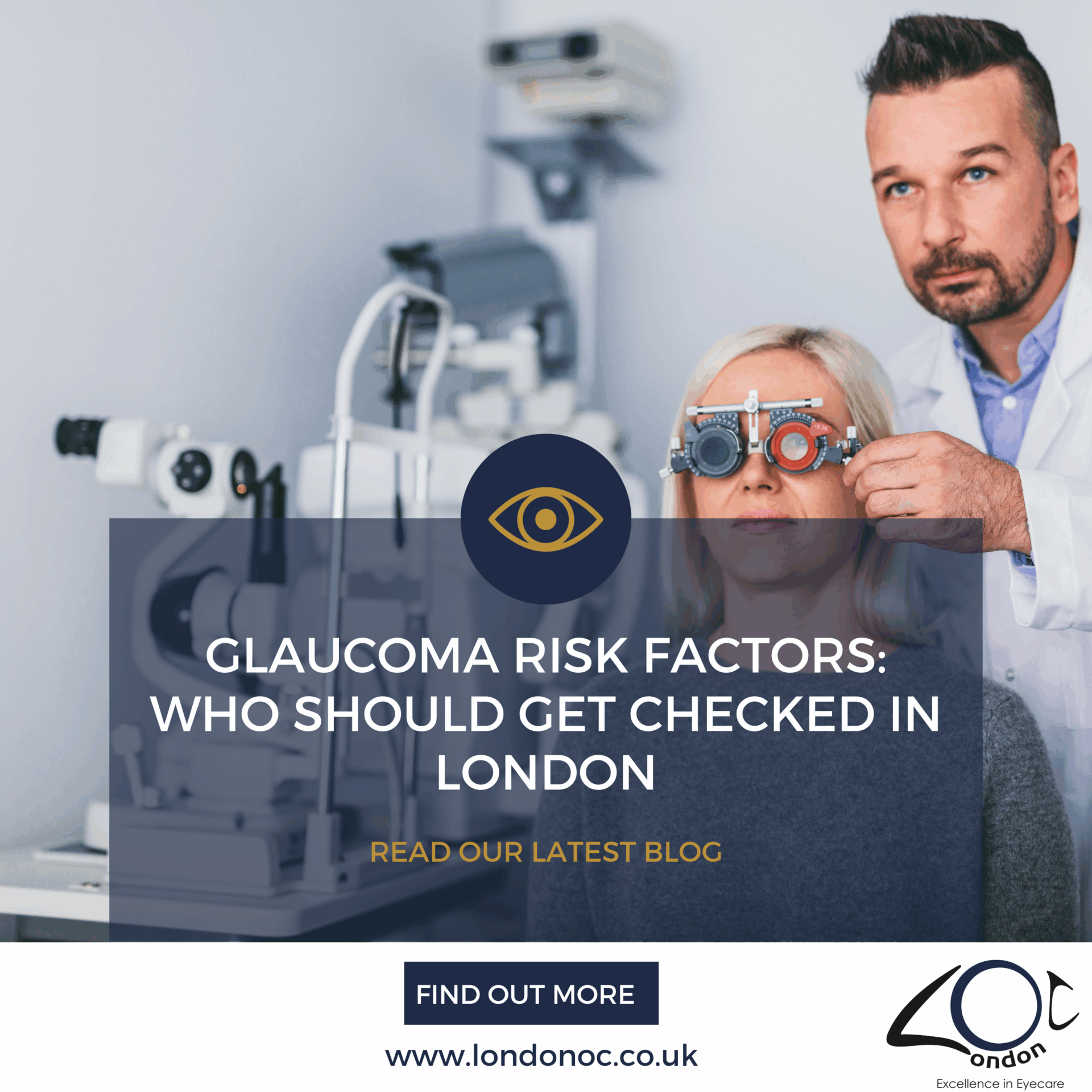Glaucoma is a leading cause of irreversible blindness, often progressing without noticeable symptoms. Understanding the risk factors and identifying individuals who should undergo regular eye examinations is crucial for early detection and effective management.
Age
The risk of developing glaucoma increases with age. While it can occur at any age, individuals over 60 are at a higher risk. Regular eye exams become increasingly important as you age to detect any early signs of the condition.
Family History
A family history of glaucoma significantly raises the likelihood of developing the condition. Genetic predisposition plays a crucial role, making regular eye check-ups essential for those with close relatives affected by glaucoma.
Ethnicity
Certain ethnic groups are more susceptible to glaucoma. For instance, individuals of African descent are at a higher risk for primary open-angle glaucoma, while those of Asian descent may have an increased risk for angle-closure glaucoma. Ethnicity influences both the prevalence and type of glaucoma, necessitating tailored screening approaches.
Medical Conditions
Chronic health issues such as diabetes and high blood pressure can contribute to the development of glaucoma. These conditions may affect the eye's drainage system or blood flow to the optic nerve, increasing the risk. Managing these underlying health issues through regular medical check-ups is vital.
Eye Conditions
Previous eye injuries, chronic eye inflammation, or conditions like retinal detachment can elevate the risk of glaucoma. Such conditions may damage the eye's drainage system or optic nerve, leading to increased intraocular pressure. Individuals with a history of eye trauma should consult an eye care professional for regular assessments.
Elevated Intraocular Pressure (IOP)
High intraocular pressure is a significant risk factor for glaucoma. However, glaucoma can still develop even with normal or low IOP levels. Regular eye exams are essential, as elevated IOP often presents no symptoms until significant damage has occurred.
Steroid Use
Prolonged use of corticosteroid medications, whether in the form of eye drops, oral medications, or systemic injections, may increase the chances of developing glaucoma. It's important to discuss any history of steroid use with your eye care professional during routine eye exams.
Conclusion
Glaucoma can develop in individuals without any of these risk factors, and having one or more risk factors doesn't guarantee that a person will develop the condition. Regular eye exams are crucial for early detection, especially for those with risk factors, as glaucoma often progresses without noticeable symptoms in its early stages.
If you fall into any of these high-risk categories or have concerns about your eye health, it's advisable to schedule regular eye check-ups with an eye care professional. Early detection and management are key to preserving vision and preventing further damage.
For personalised advice and comprehensive eye care, consider consulting with Mr. Vik Sharma, Consultant Ophthalmologist at London Ophthalmology Centre. Book your consultation today to ensure your eye health is in expert hands.
